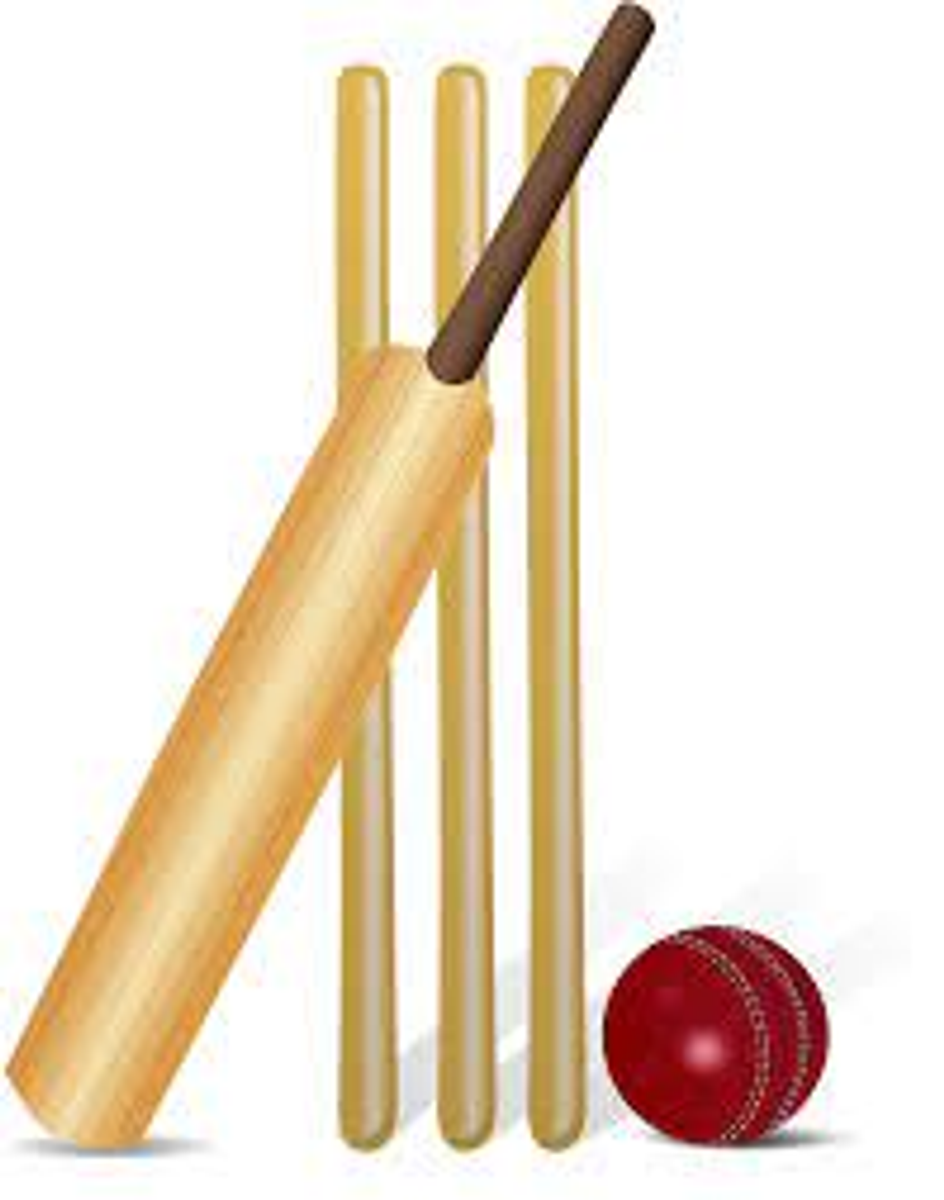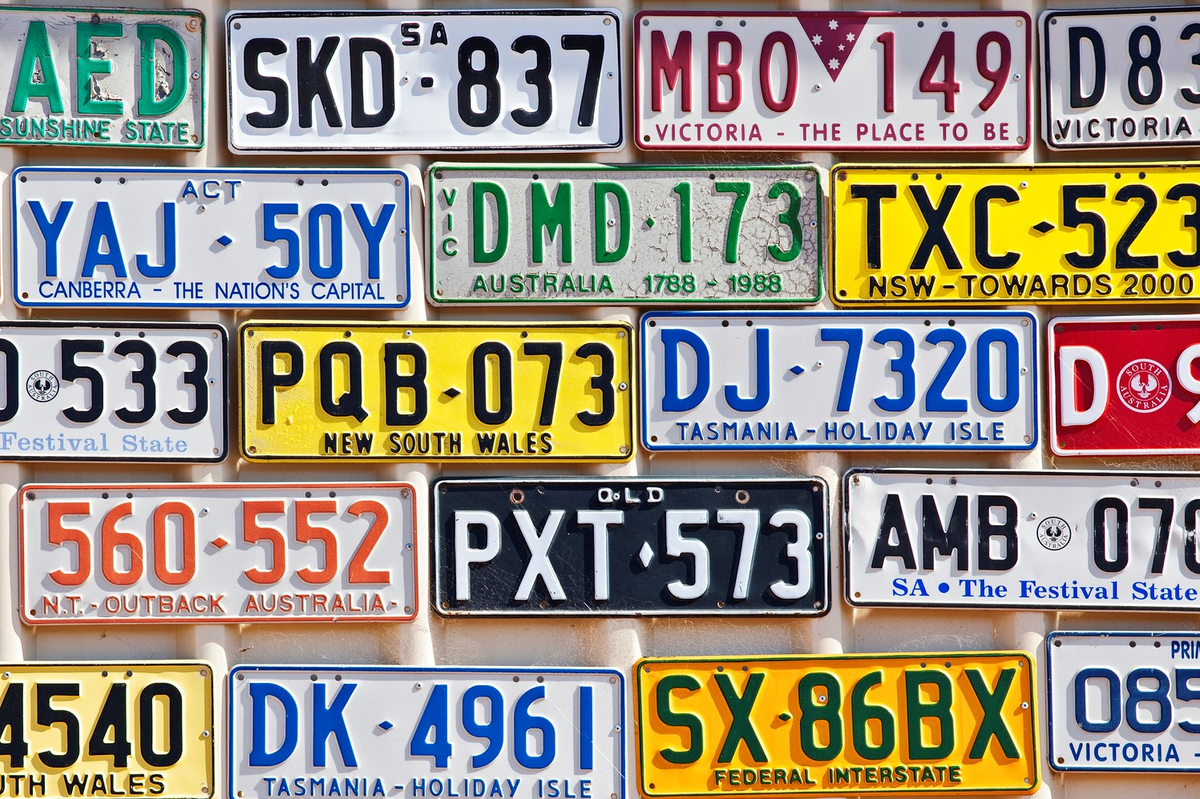Maths in the school holidays- Making every day links
No matter what families have planned in the school holidays, there are everyday opportunities for children to practise their maths skills.
Opportunities to discuss maths when either staying at home or heading away during the holidays include:
- Completing activities on Mathletics (passwords are stored in most students diaries)
- Talking to your child/ren about money and the cost of buying things to entertain them such as the cost of going out for morning tea and how much change you might get from $20.00, the cost of show bags for those heading to the Royal Melbourne Show, the cost of entry if visiting a site, etc.
- Talking to your child about different currencies if heading overseas
- Discussing the weather and the difference between the low and high temperature
- Playing board games with family members
- Discussing the distance you walked, rode or drove
- Discussing the amount of time an activity may take
- Measuring amounts when cooking
- Discussing maths found in picture story books
- Writing a schedule/timetable for the holidays
- Navigating a location with a map
- Packing a bag or suitcase can help teach children the concept of capacity
- Discussing maths concepts at the park or playground. Consider the following – e.g. What kinds of lines can you see in the equipment? How long can you swing on the swings with only one push? Estimate the area of the soccer field. How long is the cricket pitch? What shape is most common in the play equipment – why do you think that is?
- Playing games in the car when out and about such as I spy (also see ‘Car Cricket’ and ‘the License Plate game’ below)
Car cricket
Car cricket is a fun game to play when you are out and about. Runs are based on the colour of the cars you pass, with a red car getting a player out. There are many scoring variations based on different colour cars and vehicle sizes, and you can even make up your own.
Things you need
- Kids on a car journey
- Pencil and paper or spreadsheet
The challenge
Step 1
One person at a time is selected to 'bat', and they score 'runs' when certain cars are spotted. For cars to count as runs they must be moving and travelling in the opposite direction.
Step 2
- White cars (and silver/grey) are worth one run
- Black and coloured cars (excluding red) are worth two runs
- Motorbikes are worth four runs
- Buses are worth six runs
- Red cars are a 'wicket' and get you out
Step 3
After everyone in the car has had a turn to bat, the person with the most runs wins. You may want to make a score limit so players have to retire if they make 100 runs.
The conversation
As you're playing the game, ask your child:
- "Who was the unluckiest player today? Why?"
- "If we played again, how could we change the rules to make the game different?"
- "What strategies are you using to help keep track of your score?"
Source: NSW Government, Education: https://education.nsw.gov.au/parents-and-carers/everyday-maths/primary
The License Plate game
Play the license plate game! This is an all-time favourite – there are so many variants to play it. This is a great game as you can adapt the game to your child’s maths level.
- While driving, kids have to spot on licence plates each number from 0 to any predetermined number in order (e.g. 0-10 for younger kids, 0-999 for older kids).
- Kids can also find which numbers are odd and which ones are even. As an extension, they can point out which ones are prime (A prime number is a number that can only be divided by itself and 1 without remainders).
- Another way to play is for kids to try to make up the largest number from a license plate by rearranging the numbers.
- According to maths level, kids can add, subtract, multiply, or divide all numbers in a license plate. If you have more than one child, see who can do it faster.
- For an extra challenge, ask them to use the numbers in a license plate to make the number 24 by using any combination of the orders of operation.
Source: Practising maths skills during school holidays by Melbourne Child Psychology & School Psychology Services
https://www.melbournechildpsychology.com.au/blog/practising-maths-skills-during-school-holidays/
Susan Mitchell and Mel Sanderson.




